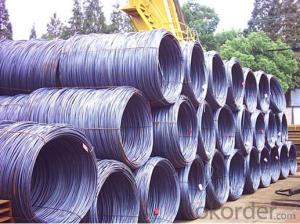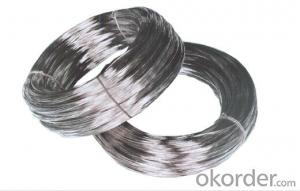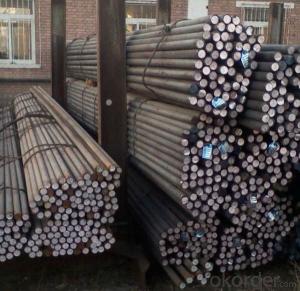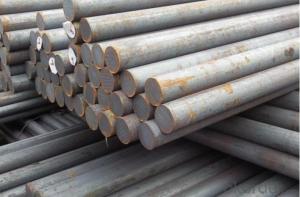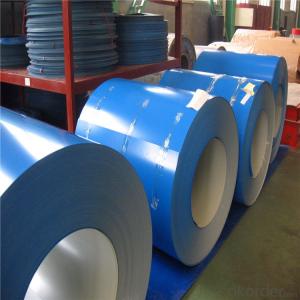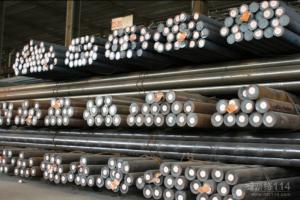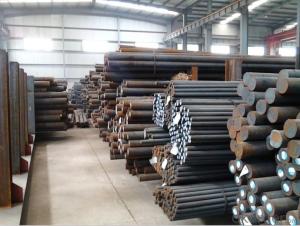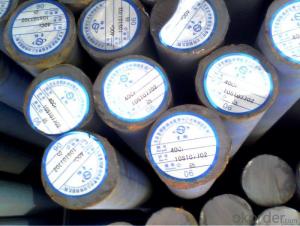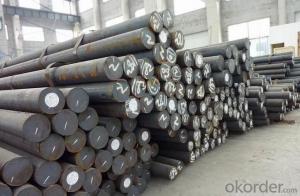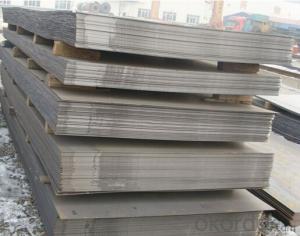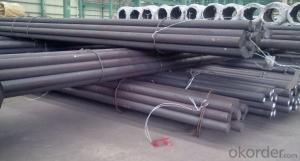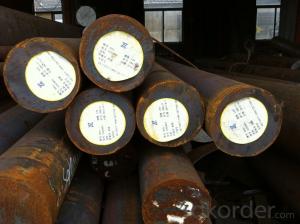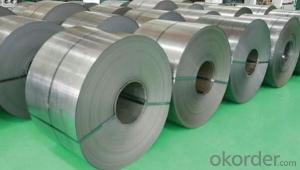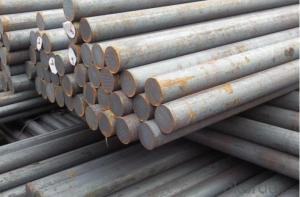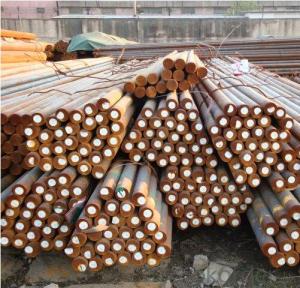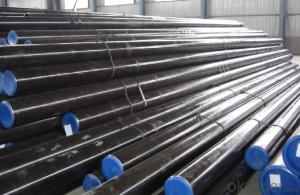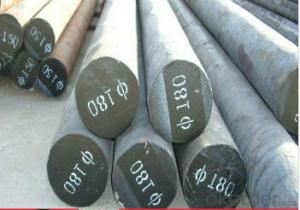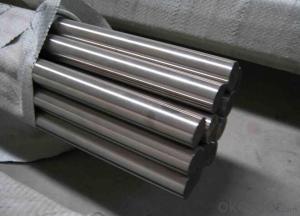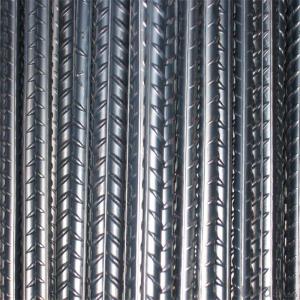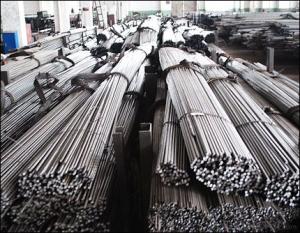All Categories
- - Steel Wire Rod
- - Steel Coils
- - Steel Profiles
- - Steel Pipes
- - Stainless Steel
- - Tinplate
- - Special Steel
- - Steel Sheets
- - Steel Rebars
- - Steel Strips
- - Hot Rolled Steel
- - Cold Rolled Steel
- - Pre-painted Steel
- - Seamless Steel Pipe
- - Welded Steel Pipe
- - Hollow Steel Tubes
- - Galvanized Pipe
- - Stainless Steel Coil
- - Stainless Steel Sheet
- - Stainless Steel Plate
- - Stainless Steel Strips
- - Electrolytic Tinplate Coil
- - Electrolytic Tinplate Sheet
- - Stainless Steel Rebars
- - Solar Panels
- - Solar Water Heater
- - Solar Related Products
- - Solar Inverter
- - Solar Cells
- - Solar Light
- - Solar Energy Systems
- - Solar Controllers
- - Solar Mounting System
- - Solar Pump
- - Solar Chargers
- - Fiberglass Chopped Strand
- - Fiberglass Mesh Cloth
- - Composite Pipes
- - FRP Pultrusion Profiles
- - Fiberglass Mat Tissue
- - Fiberglass Fabrics
- - Fiberglass Mesh
- - Composite Tank
- - Fiberglass Mesh tape
- - Polymer
- - FRP Roofing Panel
- - Fiberglass Roving
- - Monolithic Refractories
- - Ceramic Fiber Products
- - Refractory Bricks
- - Raw Materials For Refractory
- - Suspended Platform
- - Cranes
- - Concrete Machinery
- - Earthmoving Machinery
- - Building Hoist
- - Road Building Machinery
- - Plastic Pipe Fittings
- - Plastic Tubes
- - Plastic Sheets
- - Agricultural Plastic Products
- - Plastic Nets
 All Categories
All Categories
Q & A
Can you explain the importance of non-magnetic special steel in sensitive electronic devices?
Non-magnetic special steel is crucial in sensitive electronic devices because it ensures that magnetic fields do not interfere with the proper functioning of these devices. Magnetic materials can generate electromagnetic interference (EMI) which can disrupt the performance and accuracy of sensitive electronic components such as sensors, microchips, and memory storage. By utilizing non-magnetic special steel, these devices can maintain their reliability, stability, and precision, allowing for the proper functioning and longevity of electronic equipment in various applications, including medical devices, telecommunications, and aerospace industries.
What is the role of aluminum in improving the corrosion resistance of steel?
The role of aluminum in improving the corrosion resistance of steel is primarily as a protective coating. Aluminum forms a thin layer of oxide on the surface of steel, known as aluminum oxide, which acts as a barrier against corrosion-causing elements in the environment. This oxide layer is more corrosion-resistant than the steel itself, preventing the steel from being directly exposed to moisture and other corrosive substances. Additionally, aluminum can also act as a sacrificial anode, meaning it corrodes preferentially to the steel, further protecting it from corrosion. Overall, the addition of aluminum to steel enhances its ability to resist corrosion and increases its durability in various environments.
How are magnetic testing and ultrasonic testing employed in steel inspection?
Magnetic testing and ultrasonic testing are both commonly used methods for inspecting steel. Magnetic testing involves the use of magnetic fields to identify defects such as cracks or inclusions in the steel. It is particularly effective for detecting surface defects. On the other hand, ultrasonic testing uses high-frequency sound waves to evaluate the internal structure of the steel. It can detect flaws such as voids, cracks, or inclusions at different depths within the steel. Both methods are non-destructive and provide valuable information about the integrity and quality of the steel being inspected.
Wholesale Special Steel from supplier in Djibouti
We are a Special Steel supplier serving the Djibouti, mainly engaged in the sale, quotation, and technical support services of various Special Steel products in the Djibouti region. We are a subsidiary platform of the Fortune Global 500 company CNBM, able to provide you with one-stop Special Steel procurement services in the Djibouti. Not only do we have a wide range of Special Steel products, but after years of market development in the Djibouti, we can also provide valuable experience for your projects.
